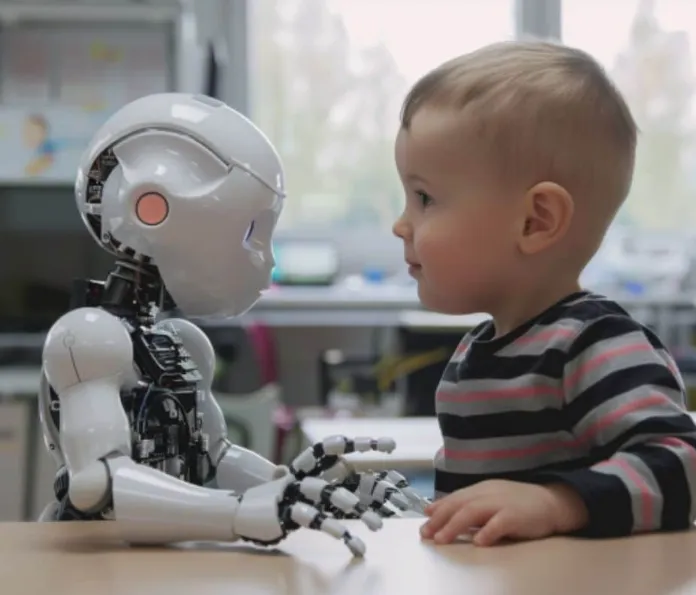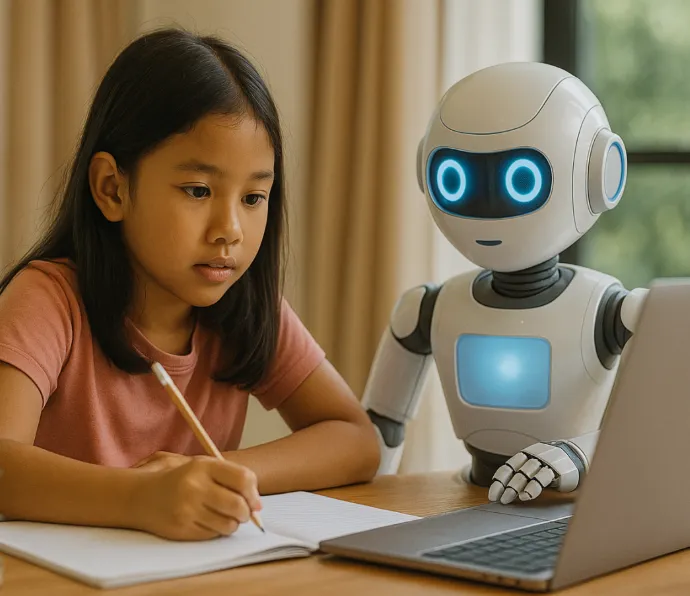The Future of Work: How Coding Today Shapes Careers Tomorrow

Technology is reshaping the world at a pace we’ve never seen before. From healthcare to entertainment, finance to education, nearly every industry now relies on digital systems. At the center of this transformation lies coding—a skill that is quickly becoming as fundamental as reading and writing. For parents raising children today, the question isn’t simply whether kids should learn to code, but how this ability could shape their future careers.
Why Coding Is Becoming Universal
Automation, artificial intelligence, and cloud-based services are expanding across the globe. Because of this, coding is no longer just for software engineers—it’s a tool used in law, business, marketing, science, and even the arts. Children who start coding early aren’t just learning technical commands; they’re developing a way of thinking that prepares them for any career path.
Early Learning: Building the Foundation
Kids today have access to beginner-friendly platforms such as Scratch, Tynker, and Code.org. These programs introduce problem-solving, sequencing, and logic through games and interactive projects. As children gain confidence, they can transition into widely used languages like Python, JavaScript, or HTML, gradually moving from playful experiments to real-world applications such as building websites, apps, or even simple artificial intelligence models.
Careers Where Coding Opens Doors
Here are some of the most exciting fields where coding knowledge can lead:
- Software Developer – Designing apps, systems, and platforms that power everything from phones to spacecraft.
- Game Designer/Developer – Turning creativity into immersive experiences through coding and storytelling.
- Web Developer – Crafting websites and online applications that every business needs.
- Data Analyst/Scientist – Unlocking insights from massive amounts of data using coding languages like Python or R.
- AI/Machine Learning Engineer – Creating systems that learn, predict, and automate tasks—from self-driving cars to voice assistants.
- Cybersecurity Specialist – Defending digital information and networks from cyber threats.
- Robotics Engineer – Combining software and hardware to build robots for medicine, manufacturing, and space.
- UX/UI Designer – Improving how people interact with apps and websites through design and coding skills.
- Product Manager in Tech – Leading teams to build digital products, where coding knowledge helps bridge ideas and execution.
- Entrepreneur – Launching original apps, games, or online platforms, made possible by the ability to code independently.
The Transferable Value of Coding
Even if a child never becomes a full-time programmer, coding imparts critical life skills. It strengthens logical thinking, encourages persistence when solving problems, and enhances creativity through experimentation. These abilities carry over into any profession—whether in science, business, design, or leadership.
Final Thoughts
Coding is more than a career path; it’s a mindset. By starting early, kids gain not only technical know-how but also resilience, adaptability, and innovation—the very qualities that will define the workforce of the future. For today’s children, learning to code is less about memorizing commands and more about preparing to thrive in a world where technology shapes every opportunity.







